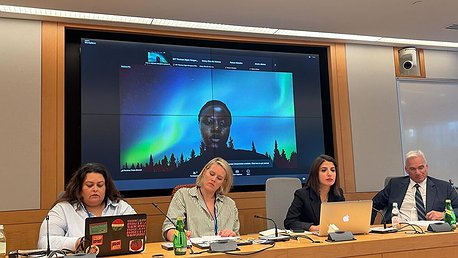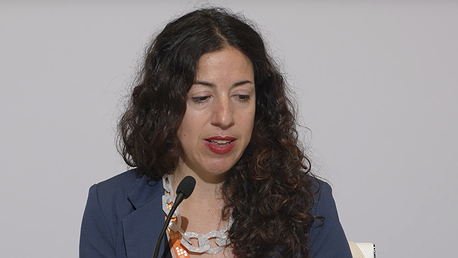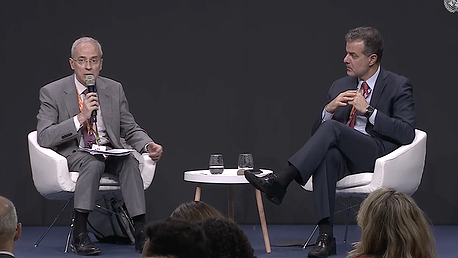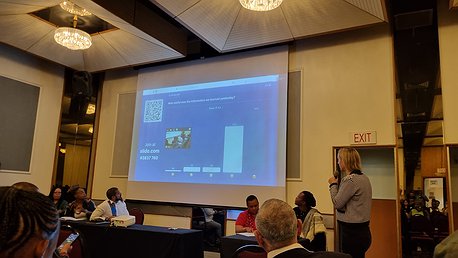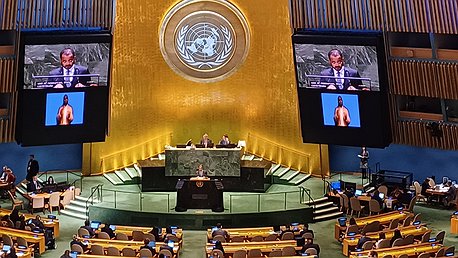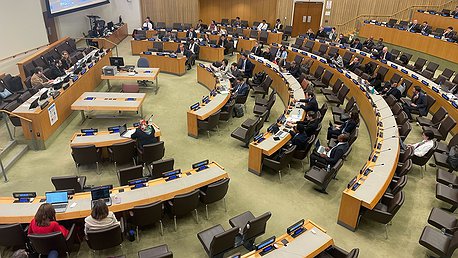Economic governance
Showing 1 to 30 of 93 results

A new mandate for equality: G20’s landmark report opens space for rights-based global cooperation
The first G20 report on global inequality warns of an “inequality emergency” and calls for a new international panel to coordinate action. For CESR, it offers a chance to turn recognition into lasting reform rooted in human rights.

Feminist leaders call for a new global financing agenda at Madrid convening
Feminist leaders at the Financing for Feminist Futures convening in Madrid urged a new global financing agenda—one that redistributes power and resources and centers care, equity, and rights.

Cautious consensus: Where we stand on the Compromiso de Sevilla
Despite deep divisions, the Compromiso de Sevilla opens space for long-overdue reforms in global economic governance. This blog unpacks what was gained, what was lost, and how civil society and Global South coalitions are pushing beyond compromise toward rights-based transformation.

Joint briefing: Making financial flows consistent with climate-resilient development
Led by Recourse with contributions by CESR and partners, this joint briefing examines how international financial institutions and standard setters are shaping — and obstructing — efforts to align global finance with climate-resilient development. It outlines the actions high-income countries must take to meet their obligations under the Paris Agreement and support a just transition.
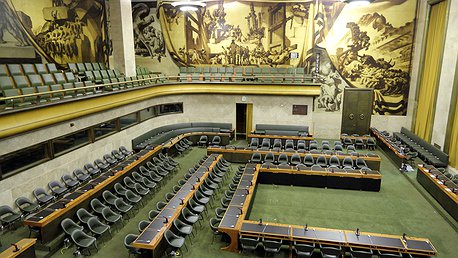
Time for good faith—and real change—on sovereign debt: A call for a UN framework convention
In a few months, the world’s governments will have a rare chance to fix a broken debt system at the Fourth UN Conference on Financing for Development (FfD4). They must support a UN-led convention process which offers a credible, cooperative path to restructuring sovereign debt.
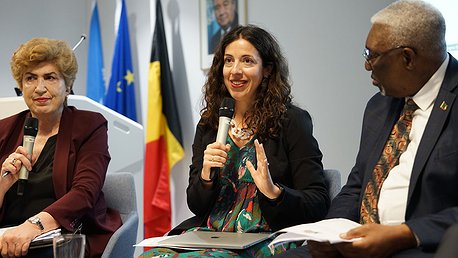
CESR highlights need for rights-based economic governance in Brussels dialogue on FfD4
As momentum builds toward FfD4, CESR called for a rights-based transformation of the global financial system at a high-level UN event in Brussels.
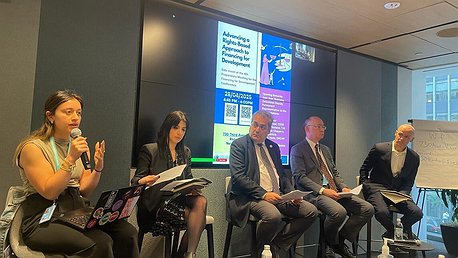
CESR at FfD4 Prep Com 4: Driving rights-based finance and gender justice
Amidst escalating crises, our interventions highlighted the urgent need to reclaim public finance for people and planet, ensuring no one is left behind.

New guide: How to influence the G20 agenda for Economic Justice
Our latest publication provides actionable insights and strategies for advocating within and beyond the G20 system.

CESR and allies put forward key proposals for FfD4 to build a rights-based financial future
As the countdown to the Fourth Conference on Financing for Development (FfD4) in Seville 2025 begins, CESR joins forces with civil society to put forward a powerful agenda for financial transformation.

G20 issues unprecedented declaration on tax cooperation ahead of final UNTC Terms of Reference negotiations
The G20 committed to cooperate to “ensure that ultra-high-net-worth individuals are effectively taxed”, and further discuss the issues in the G20 and other relevant forums.
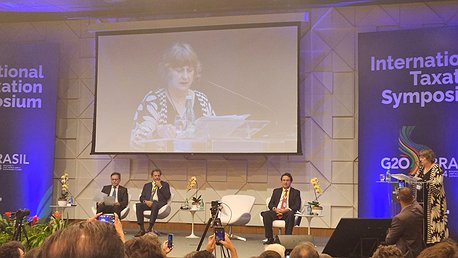
CESR and civil society allies present historic taxation recommendations to Brazil’s Finance Minister and G20 authorities
For the first time, the G20 Finance Track has directly received recommendations from civil society organizations, marking a historic moment in international tax policy discussions.
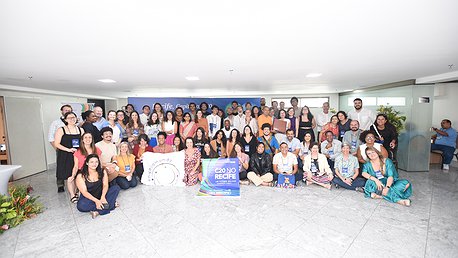
Unity in diversity: the G20 under the Brazilian presidency and the opportunity to join forces to reshape the global economy
At the heart of the recent Civil 20 (C20) inception meeting in Recife, Brazil, lies an unprecedented opportunity to champion a rights-based approach to economic policy.

Reflecting on transformation and collective learning through a milestone workshop in Kenya
As we reach the end of a two-year project supported by the Ford Foundation, we held a reflection and learning workshop in Naivasha, Kenya.
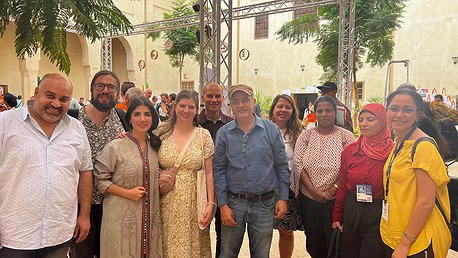
CESR at the IMF/WB 2023 Annual Meetings in Marrakesh: Pushing for Transformative Financial Reforms
Our participation aimed to spotlight the urgent need for a rights-based approach to global economic governance. Here’s a recap of the key events and discussions we were involved in.

CESR calls on the World Bank Group to shift its Cascade approach to a human rights and climate model
In our submission to the World Bank's Evolution Roadmap consultation we point out the institution's critical omissions.

One step closer to prioritizing human rights over Big Pharma profits
A joint effort between CESR and allies was influential in a recent declaration by CERD, which puts pressure on States to lift intellectual property barriers for the sake of people’s rights.

Latin America: CESR course on budgets and human rights
Registration is open for CESR's course "Sin recursos no hay derechos" at the Latin American "School for Activists", organized by our partners ACIJ, Namati & Red de Empoderamiento Jurídico.
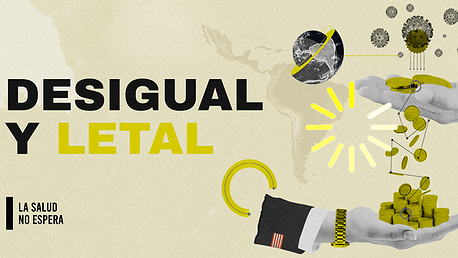
Desigual y Letal: 5 key actions to recover from the pandemic in Latin America & the Caribbean
Our joint report with Amnesty International shows that to address the impact of the pandemic and prepare for others in the future, it is vital to transform fiscal policies in the region.

